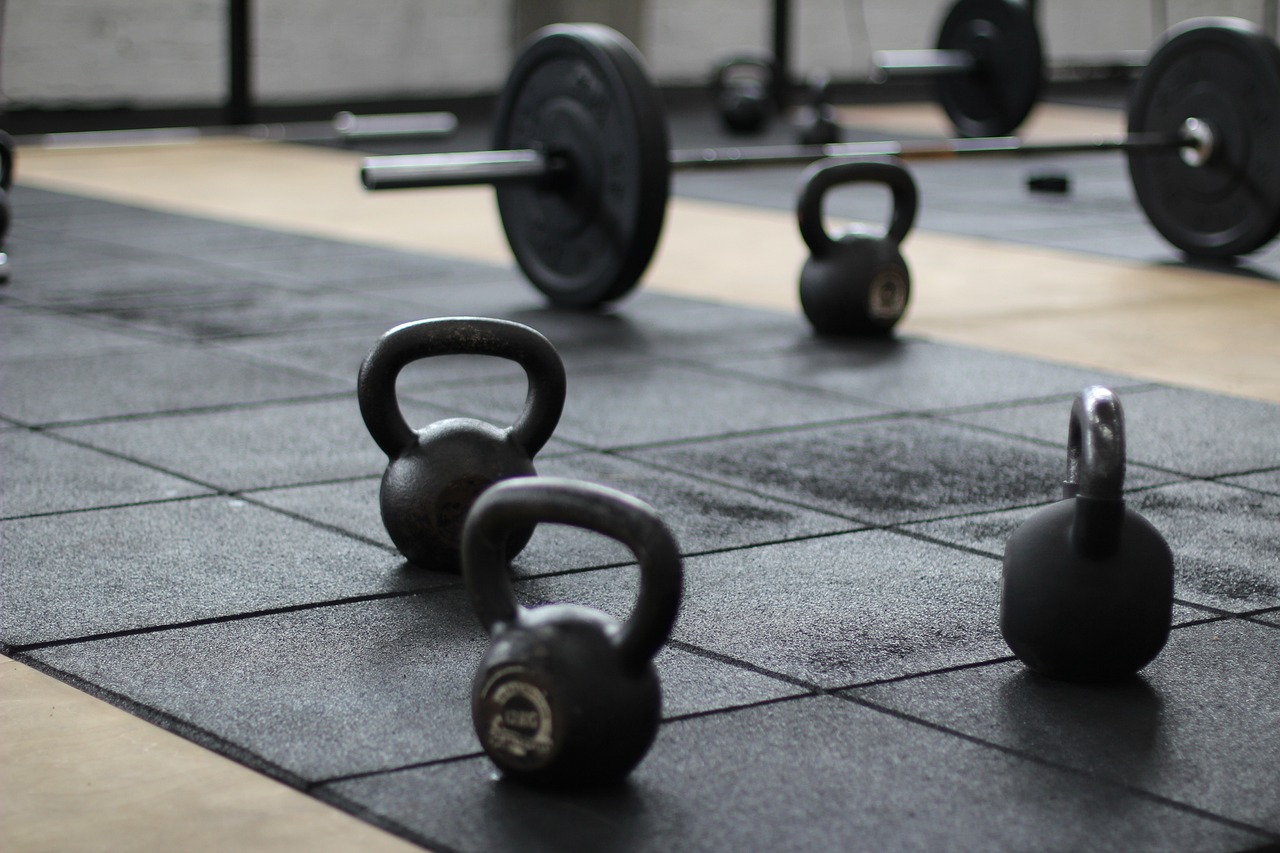
When the alarm sounds, and lives hang in the balance, there is a special breed of heroes who step up to the plate without hesitation - first responders. They are the guardians of our safety, the saviors in times of crisis, and the unbreakable shields that stand between us and danger.
These brave men and women dedicate their lives to protecting others, often putting their own well-being at risk. To fulfill their noble duty, first responders must be physically prepared, mentally sharp, and emotionally resilient.In this guide, we will explore the essential strategies that enable these real-life superheroes to remain fit for duty, ensuring they can continue to be the resilient rescuers our society depends on.
From the adrenaline-pumping moments of a high-speed chase to the rigorous demands of disaster relief, the life of a first responder is an unyielding rollercoaster of physical challenges. Each day brings new tests, requiring them to perform at peak levels to save lives and protect communities.
Whether it's firefighters rushing into blazing infernos, police officers pursuing criminals through narrow alleyways, or paramedics carrying stretchers through chaotic scenes, the physical toll is immense. Therefore, staying physically prepared is not just a choice for first responders; it is an absolute necessity.
Behind every powerful and resilient rescuer is a well-balanced diet that fuels their heroic endeavors. Proper nutrition is the bedrock of peak performance and endurance, and for first responders, it can make all the difference between life and death. A diet rich in lean proteins, whole grains, fruits, and vegetables provides the energy needed to endure long shifts and respond swiftly to emergencies.
Moreover, hydration is paramount. With the weight of heavy gear and the sweltering heat of firefights, dehydration is a constant threat. First responders must always keep a water source nearby to ensure they remain hydrated and alert throughout their demanding shifts. Proper nutrition and hydration not only enhance physical performance but also contribute to mental acuity, keeping the mind as sharp as the body.
The physically demanding nature of a first responder's job requires exceptional strength and endurance. Regular physical training is not just a means to stay in shape; it is a vital component of their professional responsibility.
Strength training builds muscular power and the ability to carry heavy equipment, while endurance training enhances stamina, allowing them to perform tirelessly during extended rescue operations.
Additionally, first responders often face unpredictable situations, necessitating adaptability and versatility. Cross-training in various physical disciplines equips them with a wide array of skills, ready to tackle any obstacle that comes their way.From weightlifting to running, swimming to yoga, a well-rounded fitness regimen molds the resilient rescuer into an unstoppable force.
As paramount as physical fitness is, mental resilience is the invisible armor that shields first responders from the traumas they witness and experience daily. A resilient rescuer is one who can endure the emotional toll of the job, emerge stronger from adversity, and maintain a stable mindset during high-pressure situations.
To achieve this, many first responder agencies now provide psychological support, counseling, and mindfulness training. Regular debriefings after traumatic incidents help process emotions and prevent the accumulation of post-traumatic stress. Moreover, fostering camaraderie among colleagues creates a support system, enabling them to lean on one another during tough times.
In the relentless world of first responders, sleep is often sacrificed in favor of duty. However, sleep deprivation can impair judgment, slow reaction times, and compromise decision-making abilities - all of which are critical in life-or-death situations. Quality rest is an absolute necessity for first responders to maintain their mental and physical edge.
Agencies must recognize the importance of adequate sleep and implement policies that prioritize rest for their personnel. Proper scheduling and rotation of shifts, rest breaks during extended operations, and creating a restful environment are all essential components of ensuring first responders are fit for duty at all times.
A first responder's physical fitness is only as effective as their ability to stay injury-free. With the rigorous demands of their profession, injuries are a constant threat. Implementing injury prevention strategies is not only essential for the well-being of first responders but also critical for maintaining a strong and reliable emergency response force.
Proper warm-ups, stretching routines, and pre-shift exercises prepare the body for action and reduce the risk of strains and sprains. Investing in ergonomic equipment, like supportive footwear and load-bearing harnesses, can significantly decrease the risk of chronic injuries. Additionally, regular health check-ups help identify and address potential health issues before they escalate.
As first responders age, maintaining peak physical performance becomes more challenging. However, experience and expertise are invaluable assets that come with time. To remain effective as they age, first responders must recognize the changes in their bodies and adapt their fitness routines accordingly.
Agencies should offer tailored training programs and support for older personnel, promoting the development of leadership roles and mentoring opportunities. Emphasizing the value of experience fosters a work environment where the wisdom of seasoned first responders complements the vigor of their younger counterparts, resulting in a stronger and more cohesive force.
Being a first responder is not just a job; it is a calling that demands unwavering dedication and bravery. These real-life superheroes stand firm as the resilient rescuers, willing to sacrifice their own well-being to ensure the safety of others. But to be effective in their noble pursuit, they must remain physically prepared, mentally sharp, and emotionally resilient.
The journey to becoming a resilient rescuer is not easy, but it is undoubtedly worthwhile. Through proper nutrition, regular physical training, mental resilience, adequate rest, and injury prevention, first responders can optimize their capabilities, always ready to face any challenge that comes their way.
As a society, we owe it to these brave men and women to provide the support and resources they need to fulfill their duty effectively. By investing in their well-being and fostering a culture of compassion and care, we can ensure that our resilient rescuers continue to be the unbreakable shields that safeguard us all.
Together, let us honor their commitment and valor, for they are the embodiment of humanity's best qualities - courage, selflessness, and unwavering dedication to the greater good.
 Made with Flowtrack
Made with Flowtrack